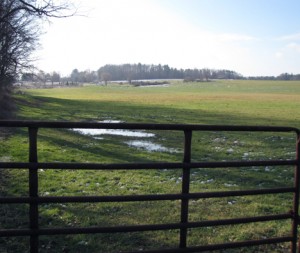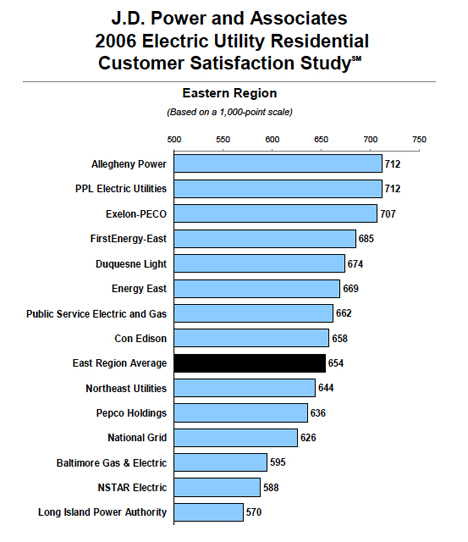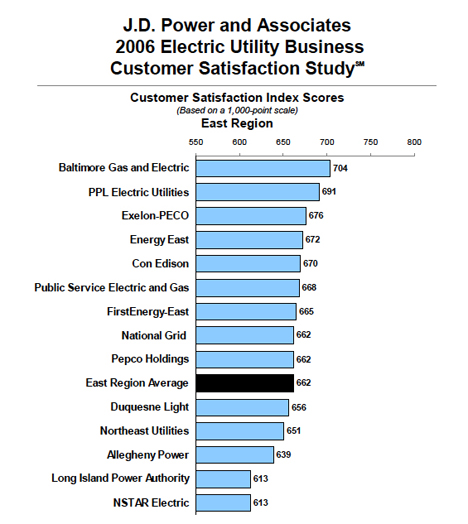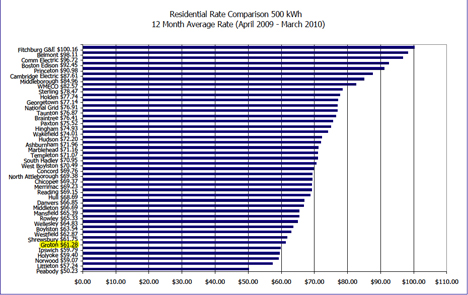Mickey Friedman
December 17, 2011
If there’s one thing I learned from hearing “Oklahoma” eight million times it’s that the cowboys and the farmers should be friends. We’re short of cowboys and growing short of farmers around these parts. Which is all the more reason to help those farmers we’ve got left.
It’s really not the fault of our farmers that they’re forced to consider selling or leasing their land to others. For solar farms or real estate developments. We’ve allowed the corporatization of farming to overtake the small farms that for so many years were a critical part of life in New England. In the 40 years I’ve been here I’ve seen one small dairy farm after another disappear.
My conservative friends never tire of proclaiming the evils of government, and the army of corrupt bureaucrats who over- and incompetently regulate us. Yet they have remained silent as corporations gained one unfair advantage after another with lower taxes, taxes they don’t pay, and enormous government subsidies. Real and fair competition, the bedrock of Adam Smith’s theory of capitalism, has long disappeared.
Which brings me to a suggestion, which may well send my dear conservative comrade Anthony to the emergency room: let’s buy a farm. Or two. Town-owned farmland. Now I’m not an attorney so I might be distorting our ability to pull this off. But I’m suggesting something like this. The Town of Great Barrington levies a very small excise tax on the sale of milk, cheese, and egg products within our borders. We’ll probably have a political fight on our hands to get the state to allow it but they certainly have no problem taxing our electric use to subsidize corporate wind power.
These taxes will be used to purchase farmland and create local small-scale community farms. We know from the success of Community-Supported Agriculture that consumers will gladly buy locally grown organic produce and support paying a living wage to the farmers who produce food for them.
We can use some of our excise fee to purchase food shares for the hungry. We know that the numbers of local residents taking advantage of food pantries is growing at alarming rates. We know there is a serious hunger problem in Massachusetts. And we have all seen farming families forced to give up farming.
Washington won’t solve these problems. The financial market has only made them worse by rampant speculation and Goldman Sachs-induced gambling on commodity food prices. Small-scale farmers can’t compete against mega-large corporate agribusiness. We need new small-scale community solutions.
Now how about you do me a favor. If I’m completely off-base about this funding scheme, try to turn your criticism into a constructive model that works for Great Barrington. It’s easy to tell a farmer he shouldn’t lease his land for solar panels; how about we help him make a living using farmland for farming.
Since this conversation was prompted by the prospect of a large industrial-scale solar installation on a former dairy farm, how about we think about another way of using energy. Instead of all of us contributing to the overly generous salaries of utility executives, and their glorious pension plans, why not siphon off all the profit and give it back to ourselves. How about a municipal utility? Great Barrington Power & Light. We know the utility companies hate municipal utilities. Because they do a better job than they do. Munis reestablished service much faster after tropical storm Irene than NStar and National Grid. When it comes to customer satisfaction, JD Power says residential customers rated NStar 74th out of 76 utilities; business customers rated them last of 51 utilities.
As for National Grid, residential customers rated them 55th out of 76; business customers, 26th out of 51.
The utilities hate municipal utilities so much they take our money and hire lobbyists who distribute it to our state representatives and state senators to vote against bills that would enable Massachusetts towns to create their own utilities. Today investor-owned utilities can prevent us from forming municipal utilities. There are 41 municipal utilities that exist; none have been established since 1926. So much for competition.
By the way, municipal utilities charge anywhere between 4% and 36% less than investor owned utilities.
The Muni Choice Bill, H869, would give us the right to create our own utility. Senator Ben Downing (D-Pittsfield) is the Senate Chair for the Joint Committee on Telecommunications, Utilities and Energy and could help make that happen.
Anthony reminds me there is risk in allowing government to run things. So I’m proposing we create powerful boards for civilian oversight to help prevent favoritism, incompetence, and corruption. We have suspicious and highly talented skeptics in our midst with experience in finance and organization. We’ve got former farmers and former executives and maybe even a cowboy or two. How about we try something new? Let’s buy a farm.




